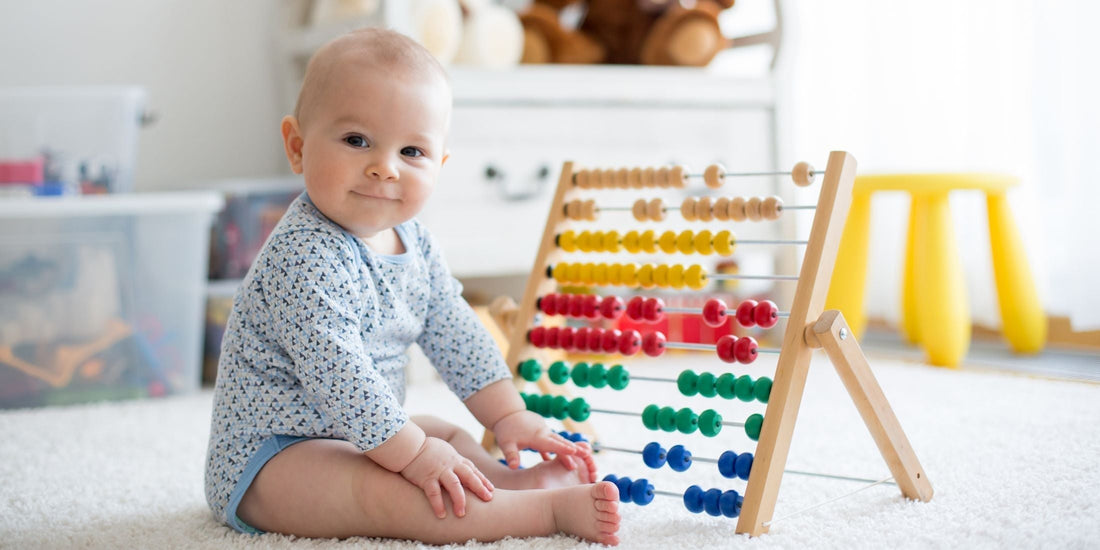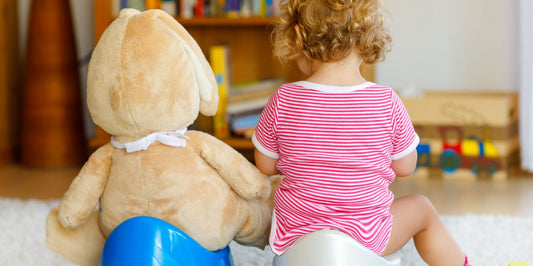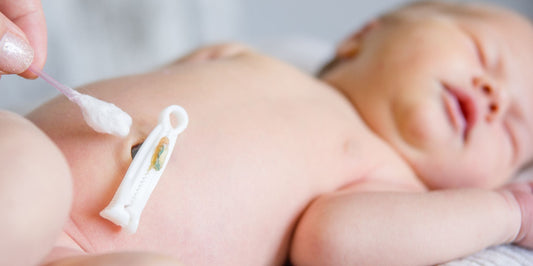As parents, we all want the best for our babies, and that includes fostering their brain development from an early age. Did you know that babies' brains develop rapidly in the first few years of life, and simple games can play a big role in stimulating their cognitive growth? These activities can lay the foundation for future learning, problem-solving skills, and emotional intelligence.
Here are some fun and engaging games to play with your baby that not only promote bonding but also help stimulate brain development.
1. Peek-a-Boo: The Classic Baby Game
Peek-a-boo is one of the most beloved games for babies, and for a good reason! It helps develop object permanence, which is a key cognitive milestone. Object permanence is the understanding that something exists even when it can’t be seen. At around 4 to 7 months, babies begin to grasp this concept, and playing peek-a-boo helps them practice this new skill.
Research: A study published in the Journal of Experimental Child Psychology found that babies as young as 6 months old start to develop object permanence, and games like peek-a-boo support this development. It also contributes to strengthening the baby’s memory skills and social development.
2. Tummy Time: Strengthening the Body and Brain
Tummy time may sound simple, but it’s one of the most important activities for your baby’s brain and body development. During tummy time, babies strengthen their neck, shoulder, and arm muscles, which are vital for later motor skills such as sitting up, crawling, and walking. But it’s also a great time to engage their brain!
Research: The American Academy of Pediatrics (AAP) emphasizes that tummy time not only helps with motor skills but also enhances sensory development. By placing toys or objects within reach, you encourage your baby to focus on an object, which promotes visual tracking and attention skills.
3. Sing Songs and Nursery Rhymes
Babies are highly receptive to music and rhythm. Singing simple songs and nursery rhymes can help develop auditory processing skills and early language comprehension. The repetition in nursery rhymes helps babies learn patterns and build memory.
Research: According to a study from the Journal of Neuroscience, music and rhythmic patterns help babies’ brains process language and speech sounds. Singing familiar songs also aids in emotional regulation, as babies are calmed by the rhythm and repetition.
4. Interactive Storytelling
Reading to your baby, even at a very young age, stimulates their cognitive abilities and helps build their vocabulary. Use simple books with colorful pictures to keep their attention, and encourage interactive participation by pointing to images and making animal sounds or other noises.
Research: The American Academy of Pediatrics reports that babies who are read to regularly show better language skills and cognitive development. The more exposure a baby has to words, the better their understanding and ability to process language in the future.
5. Simple Puzzles and Stacking Toys
Toys that involve problem-solving, like stacking rings or simple puzzles, are great for your baby’s developing brain. These activities promote spatial awareness and logical thinking. Plus, they help babies understand cause and effect—if they stack the rings in a certain order, they will create a stable tower.
Research: A study published in Developmental Science found that babies as young as 9 months start to benefit from engaging with toys that require problem-solving. These activities enhance cognitive flexibility, which is the ability to switch between tasks and ideas, an important skill for learning.
6. Color and Shape Recognition Games
Show your baby colorful objects or toys and name the colors and shapes. Babies begin to recognize colors, shapes, and patterns, which helps develop their visual processing and categorization skills. This can also help them with future problem-solving as they begin to recognize the relationship between shapes and objects.
Research: According to a study from Child Development, babies can begin recognizing shapes and colors as early as 4 to 6 months. Early exposure to different shapes and colors builds a strong foundation for math and science skills later on.
7. Baby Yoga or Gentle Stretching
If you’re looking to incorporate a calming activity that also stimulates the brain, try baby yoga or gentle stretching exercises. These activities not only help with motor skills and body awareness, but they also foster bonding and emotional regulation.
Research: The National Institute of Health (NIH) has found that gentle movement, such as baby yoga, promotes neural connections in the brain and supports emotional development. It also encourages babies to be mindful of their own bodies, which is vital for sensory integration.
Remember, the key is consistency and engagement—babies thrive on repetition and love the interaction with their caregivers. Not only will these activities help your baby become more "smart," but they'll also be a lot of fun for both of you!






